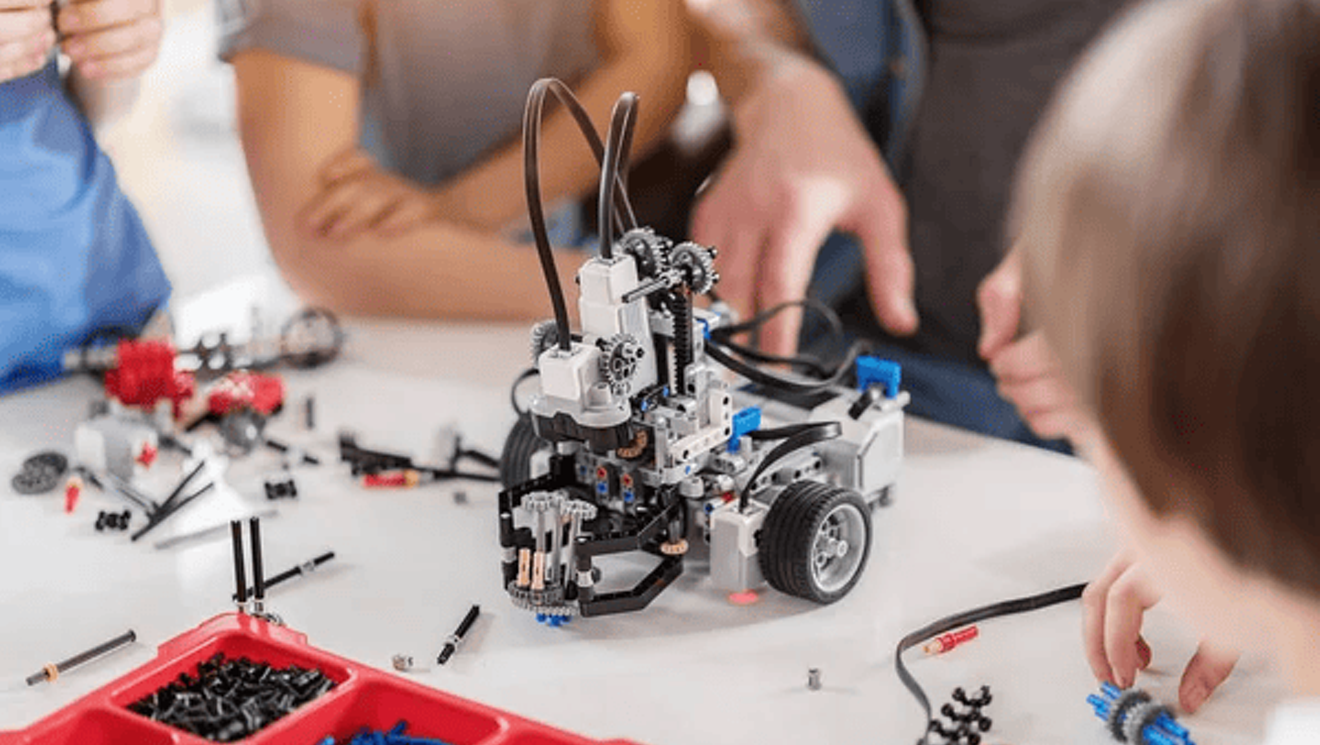Our society celebrates the Mama Bear. You know, the mothers who ferociously protect and rescue their children from any and every difficulty that appears. And why shouldn't these women be idealized? Isn't a child's welfare a parent's top priority? Even before the children are born, homes are baby-proofed and every protection possible is put in place to ensure they grow and thrive. And when danger or difficulty does arise, parents rush to the rescue, because that is what we are supposed to do, isn't it?
There's bad news for all the mama bears and helicopter parents out there. Rescuing your kids and smoothing the paths that lay before them may be doing them more harm than good. That's right: professionals believe that kids learn and gain important life skills when they experience challenges, make mistakes and even flat out fail.
How Failure Leads to Life-long Success
This news is likely cause for confusion. It goes against every natural parenting instinct and most of the advice you gleaned from all those pre-birth parenting books you devoured. Take a deep breath before you protest, then take a moment to think back to your childhood, which was likely far less protected than your child's. Now consider every scrape, playground scrap and failed test that you made your way through on your own, without a parent there to intervene or soften the blow. There were valuable lessons that came out of those very situations, and child psychologists and educators agree that children today need those same opportunities.
The following are just some of the benefits that come from allowing your child to fail, falter and learn from their mistakes without being rescued by mom or dad.
Increased Motivation: A study co-authored by Kyla Haimovitz, a professor of psychology at Stanford University, found that when a child attempts a task, fails and receives specific praise for their efforts, they are more likely to be motivated to try again and try harder. When parents treat failure as an opportunity for learning and growth instead of something from which to save their child, their child also sees the potential for success. This results in an increased motivation to try again, and again, and again.
Better Conflict Resolution Skills: As a parent, there is little that is more difficult than watching your child struggle with friends or teachers. Your first instinct is likely to step in and manage the situation for them. While supporting your child through difficulties with peers and authority figures is important, standing back and letting them navigate and learn from social challenges is key. Your intrusion can actually hurt their social relationships. And, kids who are allowed to work arguments with friends out on their own gain necessary social skills.
Advanced Problem-Solving Skills: Your kid really wants those $100 shoes "everyone has." The easy fix is a quick run to the mall for a credit card purchase. The best fix, however, is to help your son or daughter figure out how they can get what they want most on their own. Every time your child solves their own problems, they gain a new skill and increased confidence in themselves.
Increased Resilience: When your child falls and gets back up on their own, they learn resilience. If you pad the impact every time they take a misstep, they won't be ready for life when you aren't around.
Instead of Rescuing, Do This:
The following are some good alternatives to rescuing your kids from the daily challenges they face.
Brainstorm: The next time your child comes to you with a want, problem or difficulty, help them brainstorm solutions. Don't just hand them the answers; let them come up with their own ideas.
Listen: Believe it or not, sometimes the best thing to do is to listen without offering any advice at all. Ask questions, offer words of encouragement, but keep your advice to yourself.
Share: The Girl Scouts of America suggest that you tell your child about similar experiences you had when you were their age. Tell them what worked for you, what didn't and what you wish would have happened instead.
Expect More: Your child has responsibilities. Make sure they know what they are and hold them accountable. If they forget their homework, instead of running it to school for them, allow them to deal with the consequences and let them figure out how to fix the situation on their own. Accountability is empowering.






















